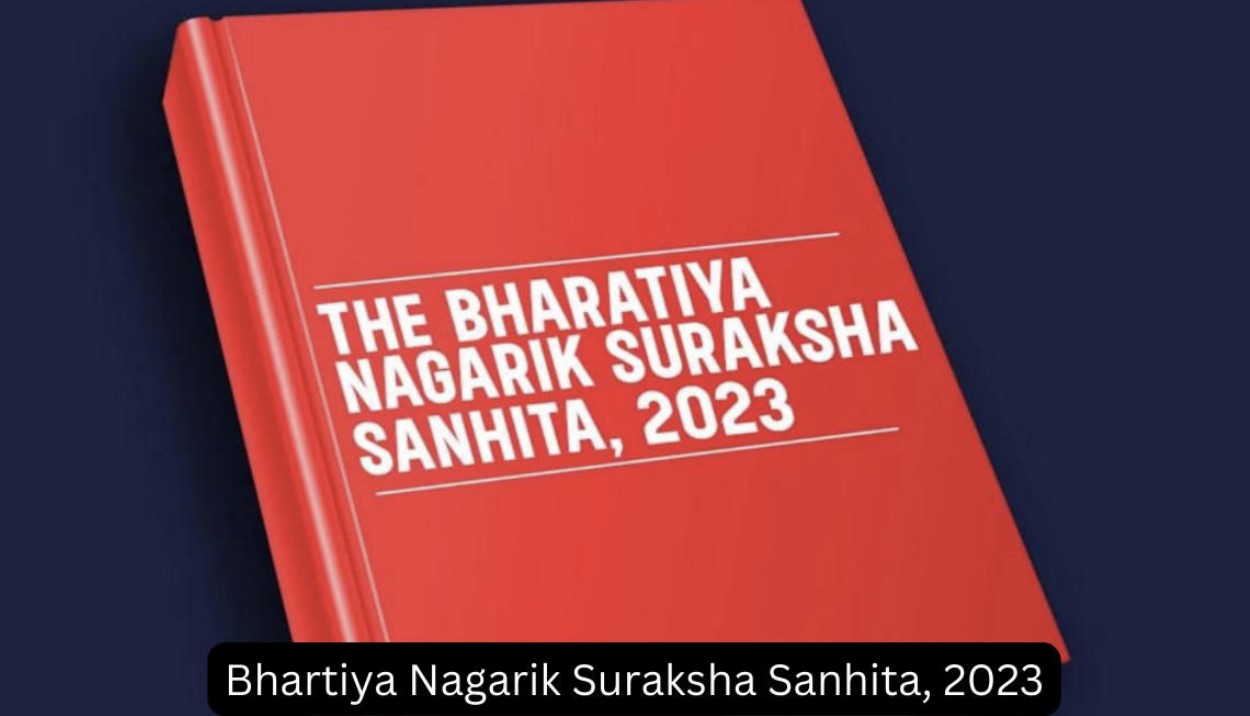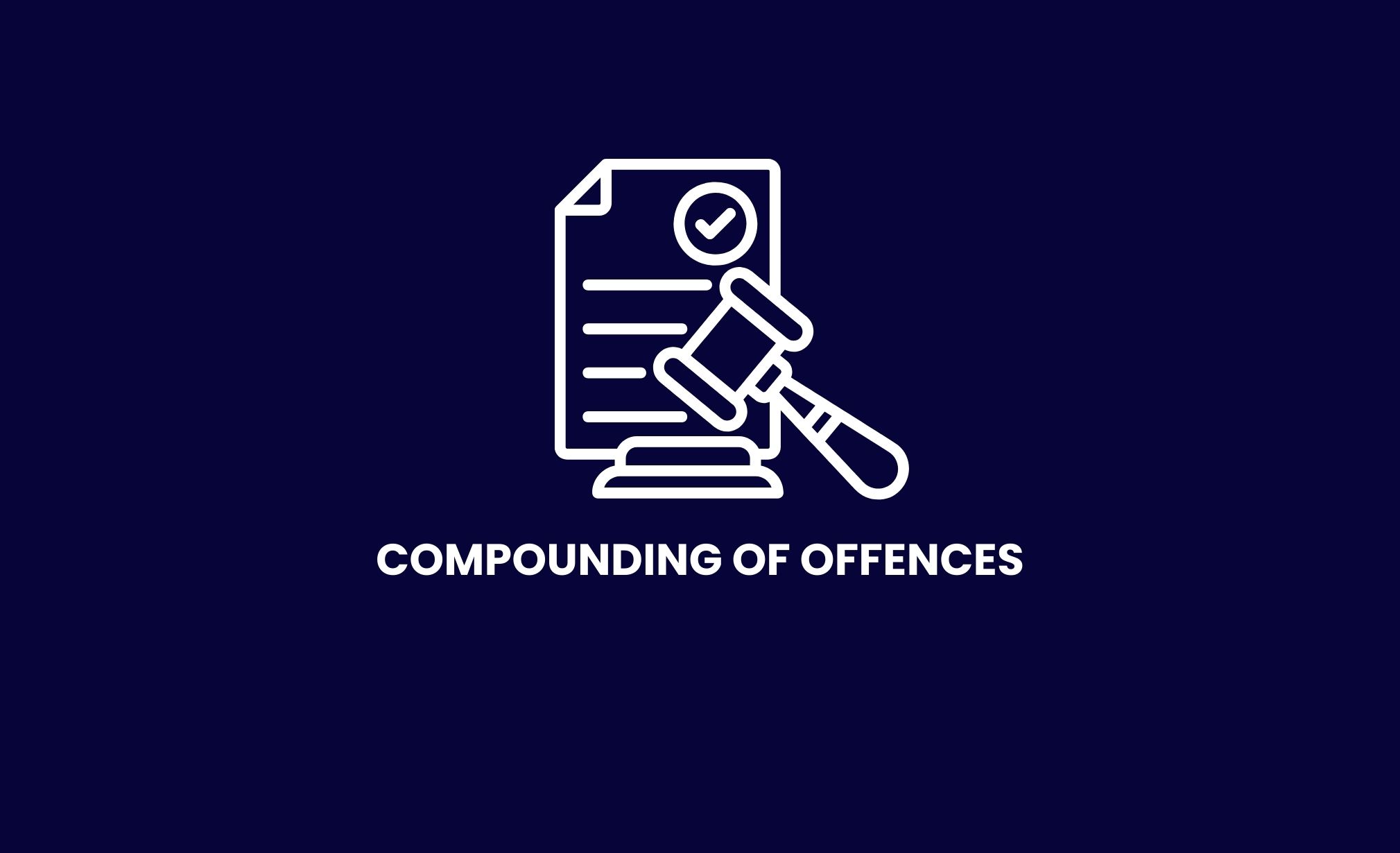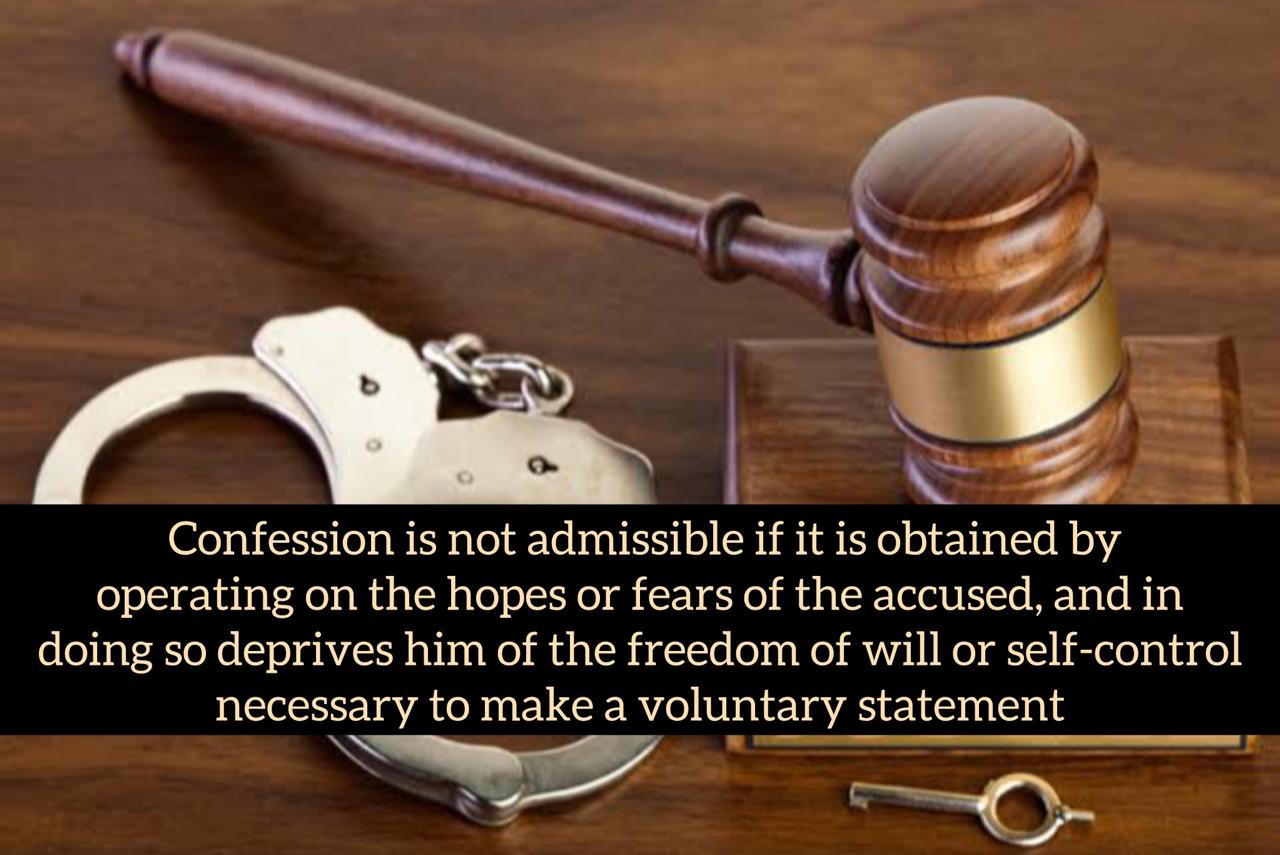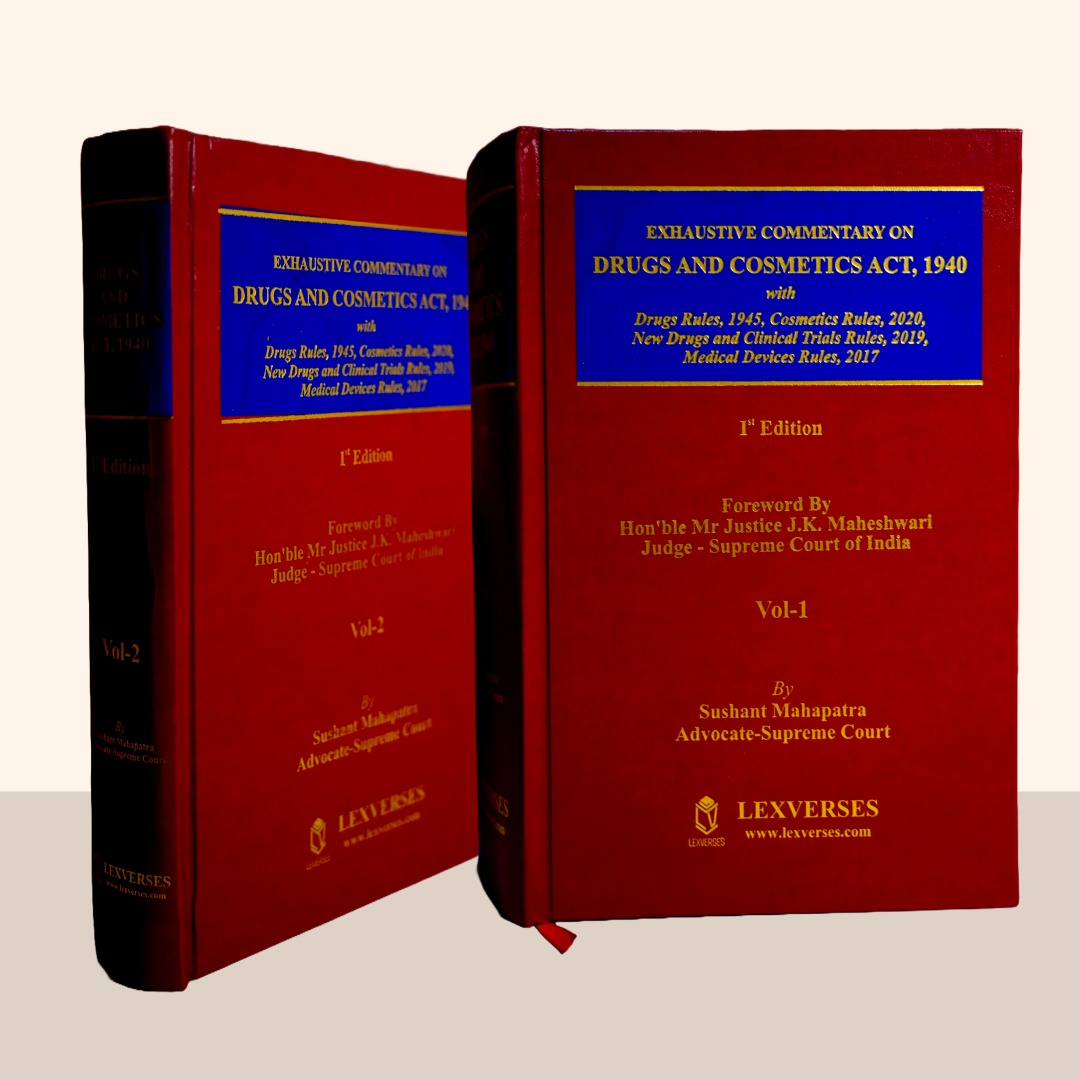In accordance with the stringent standards established in Section 223 of the Bharatiya Nagarik Suraksha Sanhita, 2023, Magistrates must comply with a certain set of mandatory requirements when it comes to complaints filed by Drug Inspectors.
Since July 2024, the Bhartiya Nagarik Suraksha Sanhita, 2023 (BNSS) has been in effect. This brings forth a new chapter in the judicial history as well as a new learning experience for lawyers across the country. Under Section 223 (corresponding old section : Section 200, CrPC, 1973) of the BNSS, 2023, there is an addition to the old law, requiring the court to send a notice the accused before taking cognizance of the offence, thereby granting the accused the right to appear before the court. This aligns with the text of the provision which states that "no cognizance of an offence shall be taken by the Magistrate without giving the accused an opportunity of being heard". This will enable the court to ascertain whether to take cognizance of the offence or not.
It is a well settled position of the law that the cognizance of offence must be taken with due application of mind. Owing to a catena of cases decided by the Supreme Court, it has been established that one of the grounds for quashing is the Magistrate’s taking cognizance without a speaking order.
The Supreme Court has cited R.R Chari v. State of UP, AIR 1951 SC 207, Devarapalli Laxmi Narayan Reddy and Others v. Narayan Reddy and Others, 1976 SCC(CRI) 380, where the importance of application of mind to the facts of the case has been emphasised upon. In Jayant v. State of Madhya Pradesh, AIRONLINE 2020 SC 881, the Hon’ble Court has reiterated that,
“It is well settled that before a Magistrate is said to have taken cognizance of an offence, it is imperative that he must have taken notice of the accusations and applied his mind to the allegations made in the complaint or in the police report…”
It has been established that the cognizance order must reveal the offences against which the cognizance is taken, how the magistrate determines the existence of a prima facie case based on the review of the material presented, and from the overall reading of the order it must appear that that the magistrate has applied his judicial mind to the facts and circumstances of the case for taking such cognizance.
Now, when there is a provision which requires the court to give notice to the accused before taking cognizance of offence, it will give relief against the false and vexatious cases that are registered against the accused in the court of law. The magistrate is to abide by the mandatory provision under Section 223 BNSS, 2023 before taking cognizance of the offence under Section 210 , BNSS, 2023 (Corresponding old section : Section 190, CrPC, 1973). It will be a matter of time to see how the provisions are implemented and what are the pros and the cons of the same. It remains to be seen whether this provision will assist magistrates by preventing their orders from being quashed by the High Court or Supreme Court, or if it will instead lead to extended criminal proceedings. Only time will reveal the outcome.









